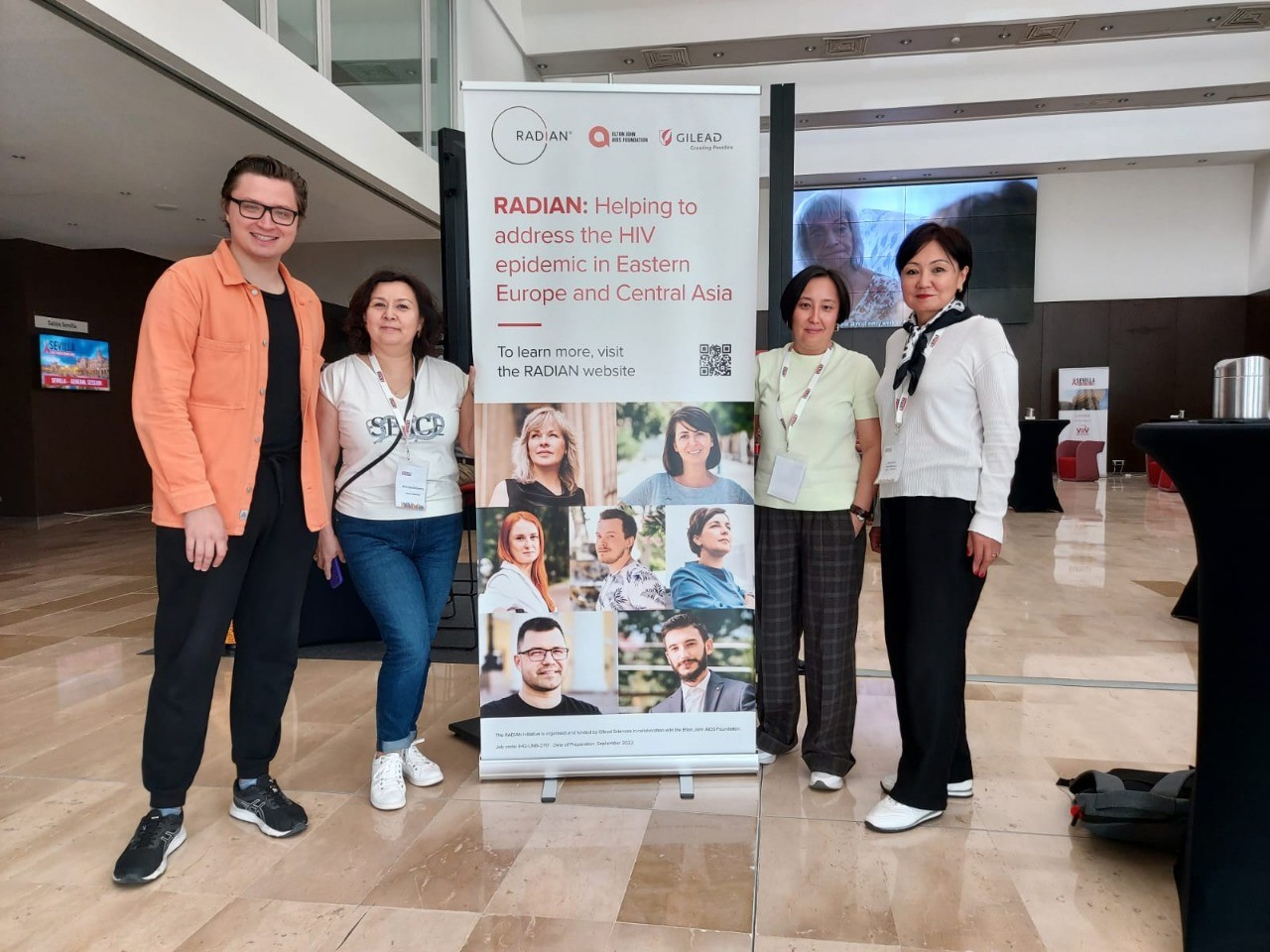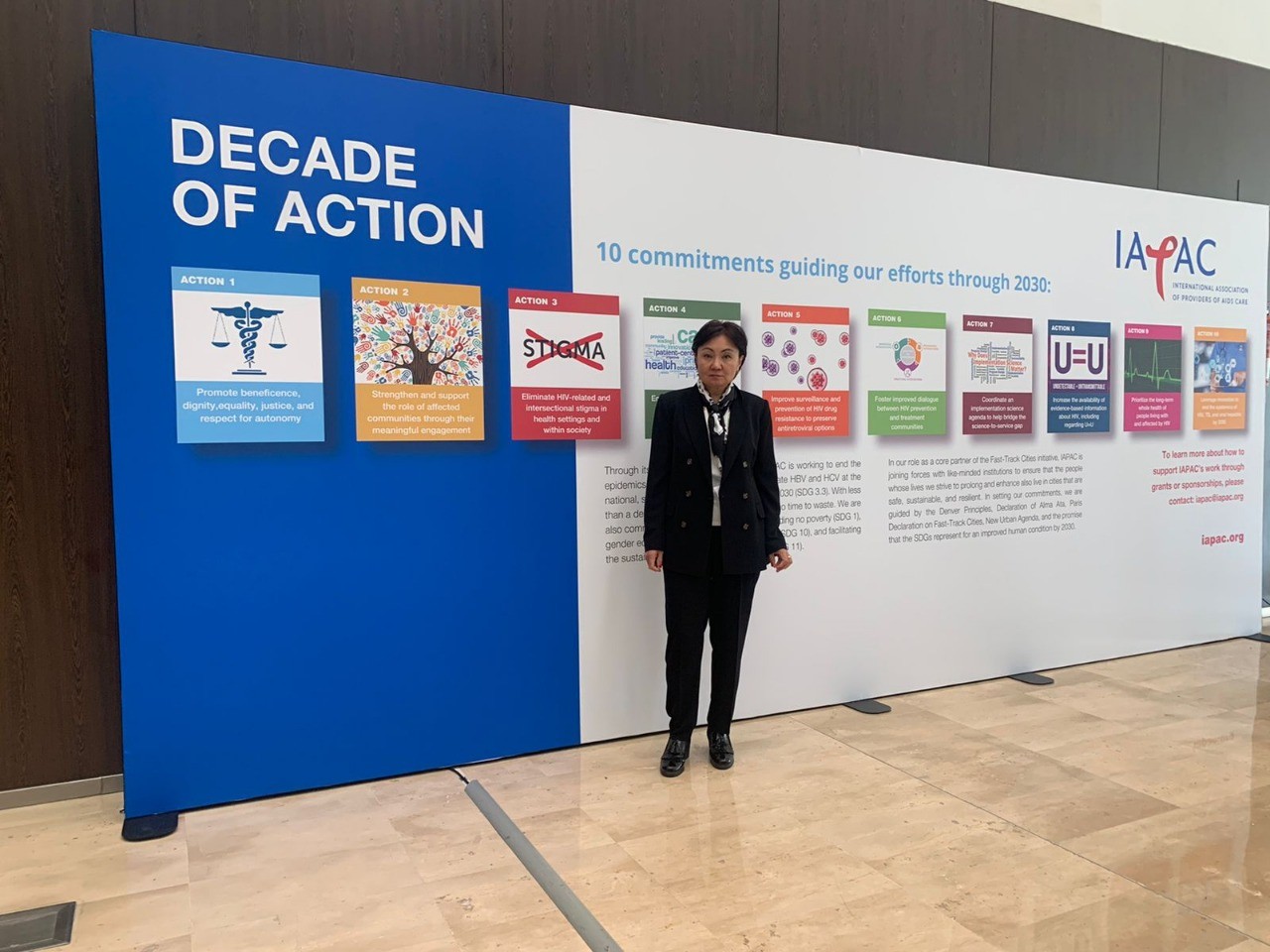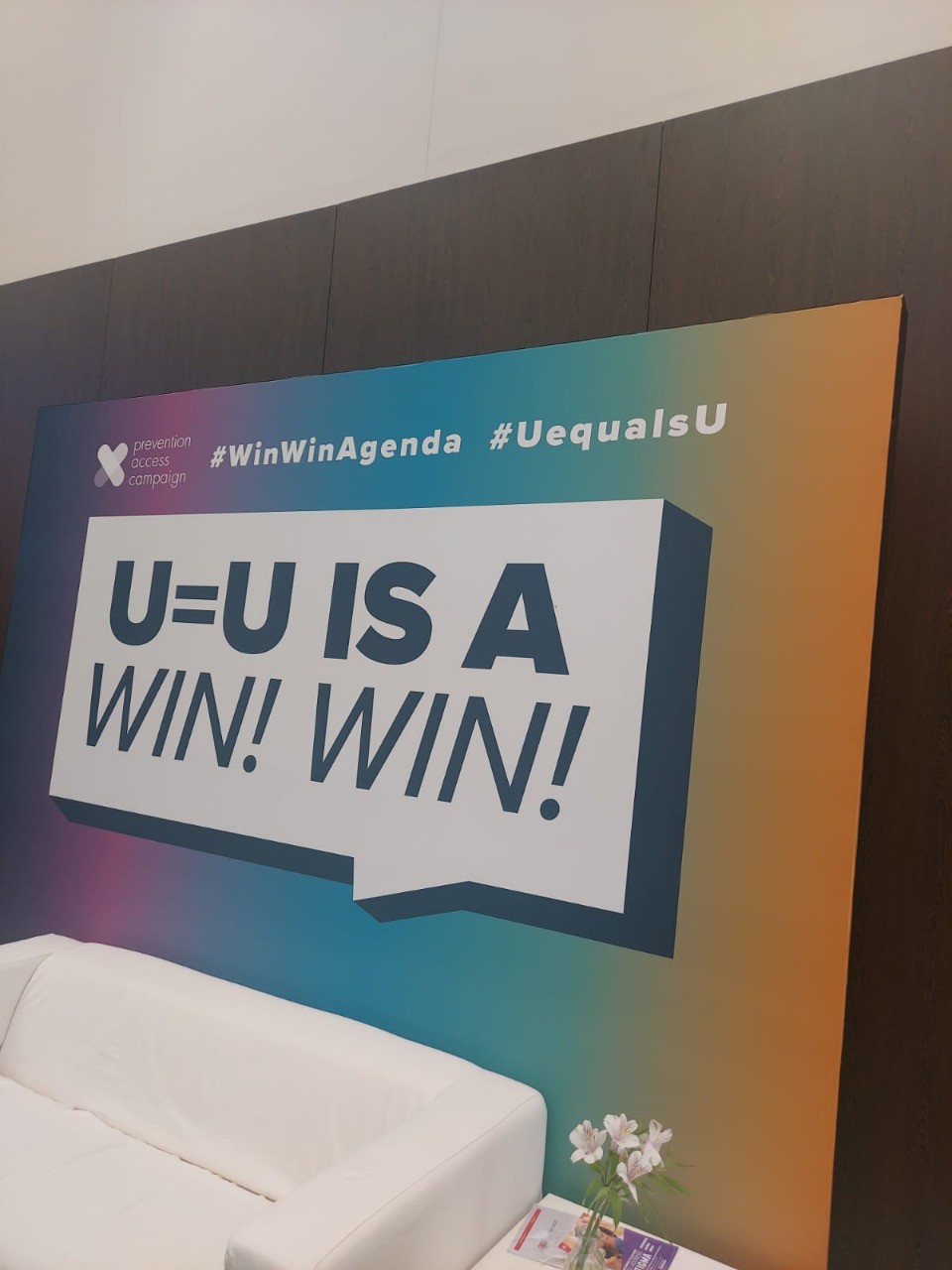
Обычная версия сайта
Republic of Kazakhstan, Almaty, Raimbek Ave., 60
Location map+7 (727) 39742 23 Reception
+7 (727) 39742 17 Registry
+7 (727) 39742 06 Helpline
1414 Single contact center


Обычная версия сайта
Republic of Kazakhstan, Almaty, Raimbek Ave., 60
Location map+7 (727) 39742 23 Reception
+7 (727) 39742 17 Registry
+7 (727) 39742 06 Helpline
1414 Single contact center

October 14, 2022
Fast-track Cities is an initiative aimed at accelerating action in big cities in order to end the AIDS epidemic. The initiative works as follows: municipal authorities designate their cities as cities of accelerated development by signing the Paris Declaration, which sets out a number of commitments to achieve the goals of Fast-track Cities.
This initiative was first launched in 2014 and currently more than 380 cities are part of the network. Almaty was the first city in Central Asia to join the Paris Declaration against the AIDS Epidemic in 2017. Joining the declaration means contributing to the elimination of the AIDS epidemic by 2030, eliminating stigma and discrimination, and improving the quality of health and well-being of people living with HIV.
This year, the Fast-track Cities 2022 conference was held in Seville, Spain from October 11-13, 2022. The purpose of the conference is to highlight the successes achieved within the Fast—Track Cities network, solve complex problems faced by local stakeholders, and share best practices to accelerate the response to HIV, tuberculosis, viral hepatitis. Within the framework of the conference, platforms for interactive dialogue were presented to present the successful experience of cities from different countries in achieving the global goals of UNAIDS 95-95-95.
As part of the session on studying the experience of cities from Asia and the Pacific, Anna Deryabina, Director of #ICAP in Eurasia, presented the achievements of the city of Almaty within the framework of the "Almaty Model", lessons learned, achievements and plans for the future. One of the successful models in the Central Asia region is the introduction of pre-contact prevention in Almaty, the experience of the city was distributed among colleagues from Tajikistan, Kyrgyzstan and Russia during a training visit within the framework of the established Regional Resource Center based on NGOs and NCSPID.
Anarkhan Nurkerimova, Deputy Chief Physician for Medical Work, and Mira Sauranbayeva, Director of the Almaty Model project, took part in a panel discussion session organized by WHO, UNAIDS and the World Hepatitis Alliance on the presentation of the consolidated WHO guidelines for the prevention of HIV, viral hepatitis and STIs: diagnosis, treatment and care for key population groups. The issues of integrated services for key population groups, the situation of HIV infection in the EECA region, the driving force of the epidemic were discussed. The situation on G. was briefly presented . Almaty and the achievements of the Almaty City Model, which are the result of an established effective partnership of state and non-governmental organizations aimed at providing integrated and human-centered services for key population groups, free from stigma and discrimination.




